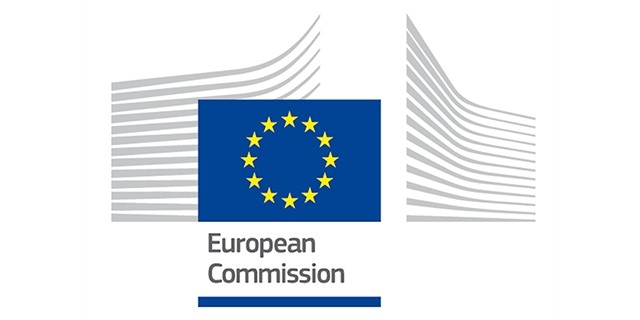Actions

Today, the Commission unveils its ideas and actions for a digital transformation that works for all, reflecting the best of Europe: open, fair, diverse, democratic and confident. It presents a European society powered by digital solutions that put people first, opens up new opportunities for businesses, and boosts the development of trustworthy technology to foster an open and democratic society and a vibrant and sustainable economy. Digital is a key enabler to fighting climate change and achieving the green transition. The European data strategy and the policy options to ensure the human-centric development of Artificial Intelligence (AI) presented today are the first steps towards achieving these goals.
The President of the Commission, Ursula von der Leyen, said: “Today we are presenting our ambition to shape Europe's digital future. It covers everything from cybersecurity to critical infrastructures, digital education to skills, democracy to media. I want that digital Europe reflects the best of Europe – open, fair, diverse, democratic, and confident.”
Europe as a leader in trustworthy Artificial Intelligence
Europe has all it needs to become a world leader in Artificial Intelligence (AI) systems that can be safely used and applied. We have excellent research centres, secure digital systems and a robust position in robotics as well as competitive manufacturing and services sectors, spanning from automotive to energy, from healthcare to agriculture.
In its White Paper presented today, the Commission envisages a framework for trustworthy Artificial Intelligence, based on excellence and trust. In partnership with the private and the public sector, the aim is to mobilise resources along the entire value chain and to create the right incentives to accelerate deployment of AI, including by smaller and medium-sized enterprises. This includes working with Member States and the research community, to attract and keep talent. As AI systems can be complex and bear significant risks in certain contexts, building trust is essential. Clear rules need to address high-risk AI systems without putting too much burden on less risky ones. Strict EU rules for consumer protection, to address unfair commercial practices and to protect personal data and privacy, continue to apply.
For high-risk cases, such as in health, policing, or transport, AI systems should be transparent, traceable and guarantee human oversight. Authorities should be able to test and certify the data used by algorithms as they check cosmetics, cars or toys. Unbiased data is needed to train high-risk systems to perform properly, and to ensure respect of fundamental rights, in particular non-discrimination. While today, the use of facial recognition for remote biometric identification is generally prohibited and can only be used in exceptional, duly justified and proportionate cases, subject to safeguards and based of EU or national law, the Commission wants to launch a broad debate about which circumstances, if any, might justify such exceptions.
Further reading
Press release - Shaping Europe's digital future: Commission presents strategies for data and Artificial Intelligence

